News and features
Read the latest news and features about our world-leading research, discoveries, fundraising and philanthropy. If you want to keep updated on our news, you can follow us on social media or sign up for our Search newsletter.
If you’re a journalist and want to find out more, you can contact our media relations team.

Chemotherapy drug boosts survival for newly diagnosed prostate cancer
Combining a chemotherapy drug with first-line hormone therapy could help men diagnosed with prostate cancer live longer, according to research.
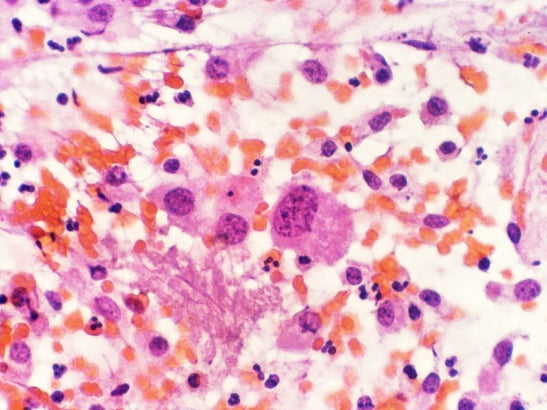
Scientists identify genetic cause of myeloma bone disease
Scientists have identified a change in the DNA of patients with myeloma that increases their risk of developing bone disease, a common and serious complication of this cancer.
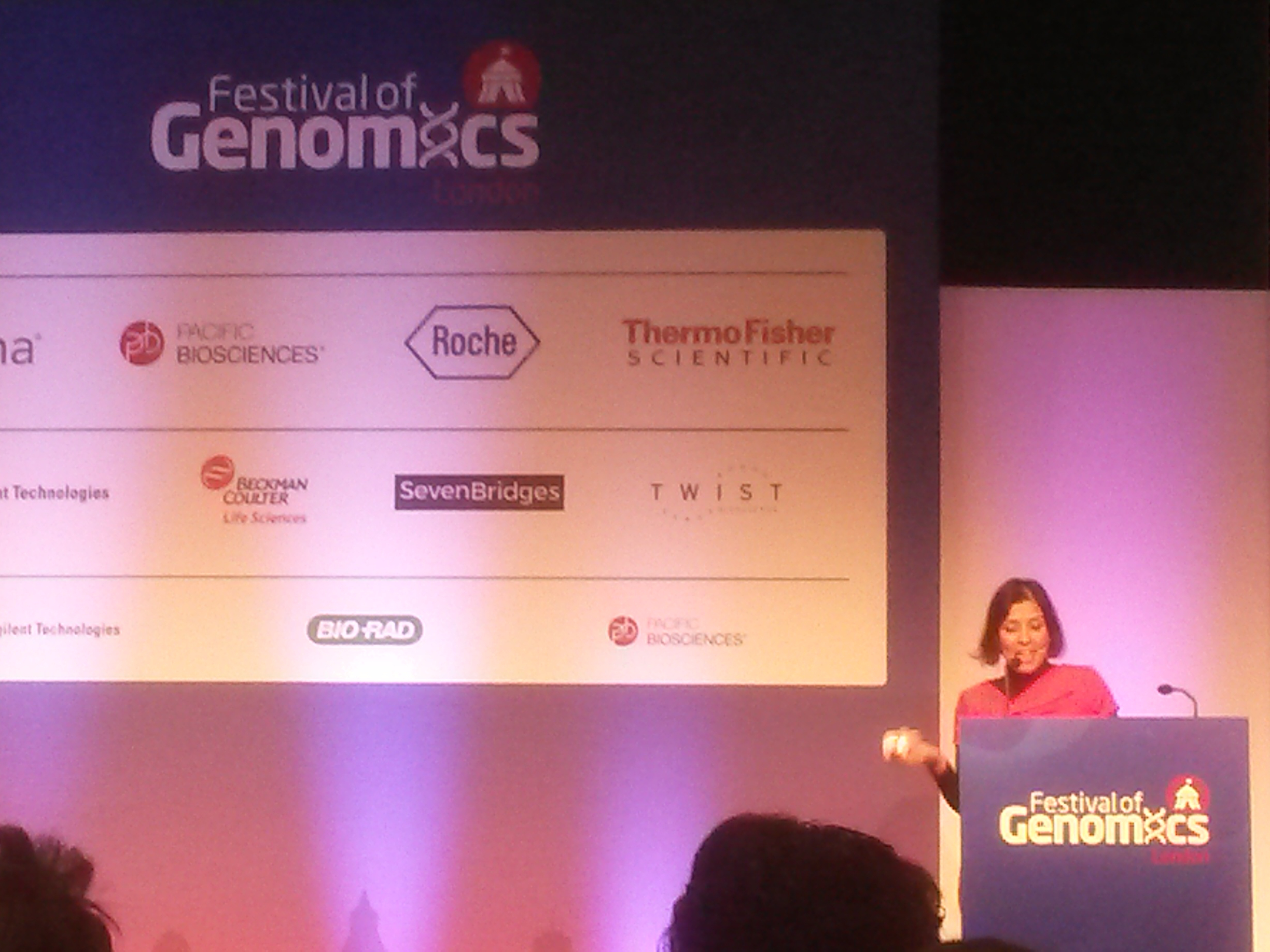
ICR at the London Festival of Genomics
Scientists from The Institute of Cancer Research, London, gave two talks at this exciting conference that ran from 19-21 January 2016. See some of the reaction to the presentations.

Laws of nature predict cancer evolution
Cancers evolve over time in patterns governed by the same natural laws that drive physical and chemical processes as diverse as the flow of rivers or the brightness of stars, according to new research.
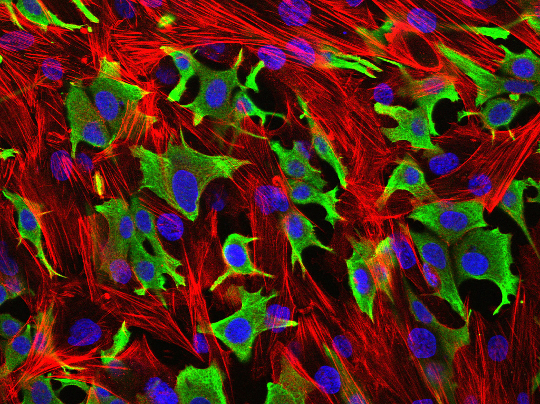
Scientists identify protein used by breast tumours to ‘radicalise’ normal cells and spread cancer
Wnt7a protein found to be key "rallying call" secreted by aggressive tumours to help recruit non-cancerous fibroblasts and enable growth.

ICR donors give a fantastic £12m for cancer research in 2015
Donors and supporters of The Institute of Cancer Research, London, contributed £12.3 million in charitable donations in 2015.
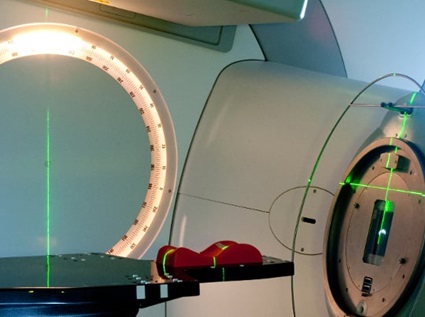
Doubt over high-pressure oxygen for radiotherapy-induced gastrointestinal symptoms
Patients with chronic gastrointestinal complaints caused by pelvic radiotherapy may not benefit from the standard high-pressure oxygen therapy that has been used for decades, a study has suggested.

MRI technique offers painless follow-up for prostate cancer patients
Specialised MRI could be an alternative to biopsies when deciding if prostate cancer patients should receive treatment or continue with surveillance.
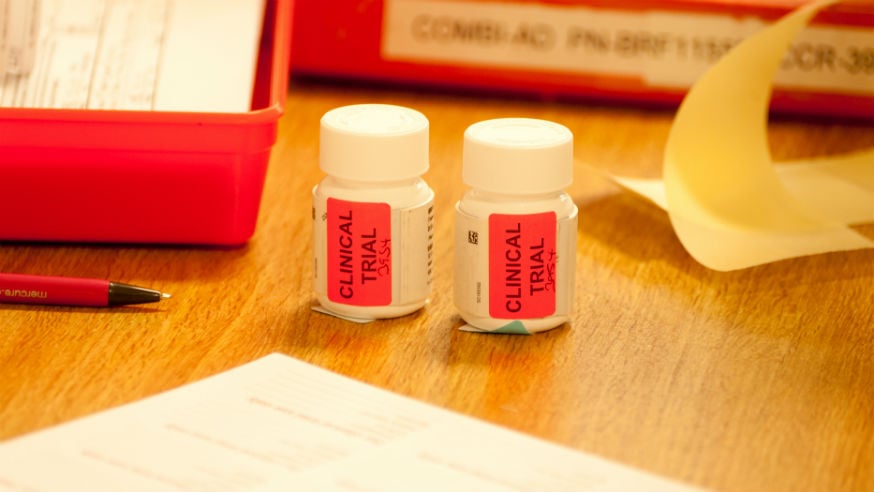
Dose-finding studies for some targeted drugs need to be refined
Early clinical trials of some targeted cancer drugs may underestimate their toxicity, according to a new analysis.
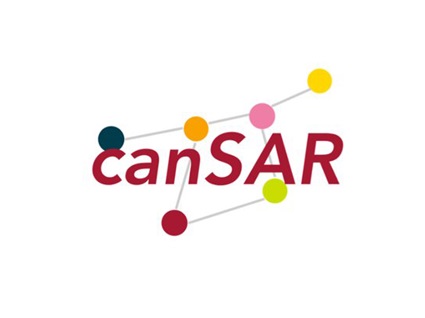
Biggest database for cancer drug discovery goes 3D
The world’s largest database for cancer drug discovery has been revolutionised by adding 3D structures of faulty proteins and maps of cancer’s communication networks, according to new research.

A quarter of common brain cancer risk comes from inherited genetic faults
Around 25 per cent of the risk of developing the most common type of brain cancer, known as glioma, comes from inherited DNA errors, new research shows.
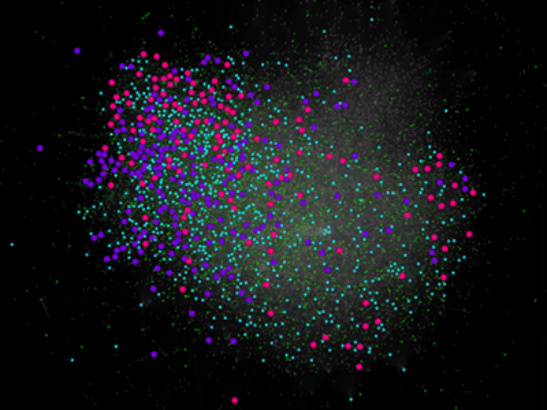
Mapping cancer’s ‘social networks’ opens new approaches to treatment
Scientists design a computer model that applies techniques used to analyse social networks to identify new ways of treating cancer.
